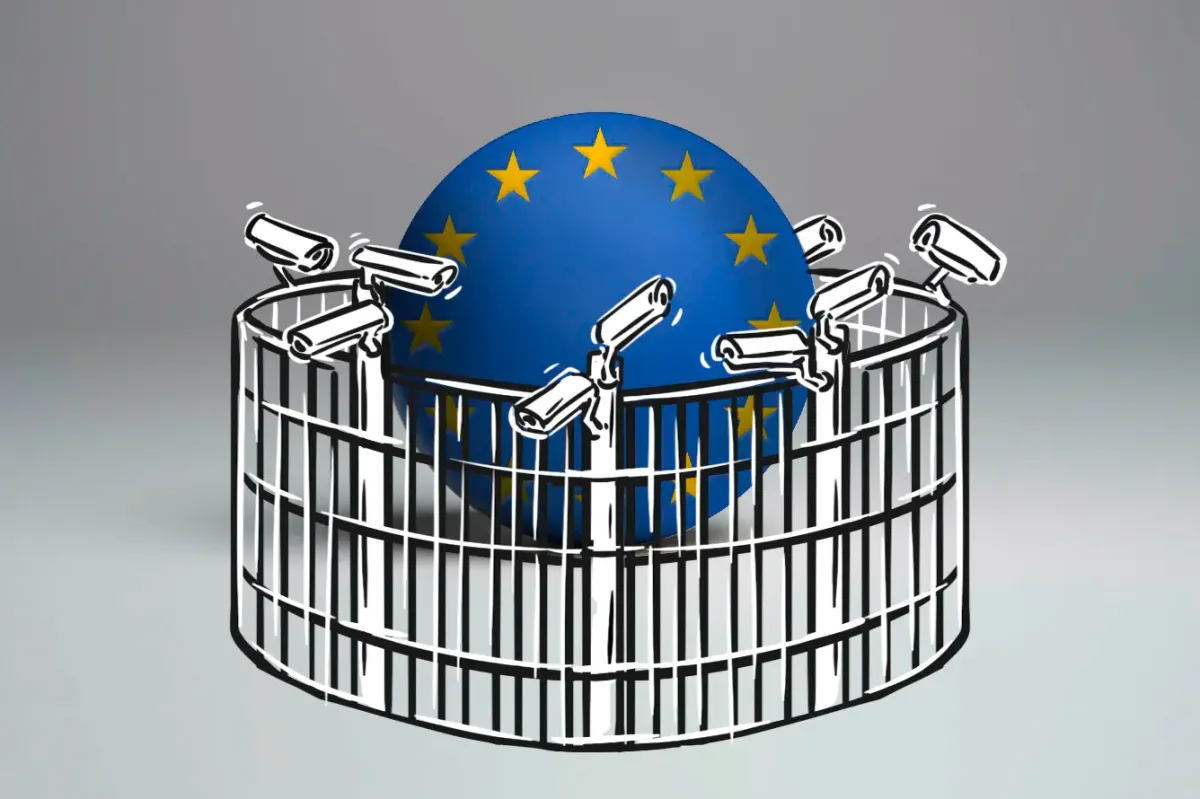
In a week when cryptocurrencies have been under fire for their role in assisting the funding of criminal and terrorist activities, the European Council has adopted new tax regulations to tighten governments’ control over crypto-asset transfers.
The legal framework presupposes adopting a common financial identification standard for individuals and entities in the EU and creating a cross-border database to report information.
Member States have until 2026 to implement the directive that aims to crack down on the challenge posed by tax fraud, tax evasion, tax avoidance and all the crimes that derive from it.
Taxes are the mirror of actions
Benjamin Franklin famously said that the only things certain in life are death and taxes. In trying to delay the former, criminals and terrorists go to impossible lengths to avoid the latter. When Bitcoin came around, it made their jobs a little easier.
Despite the transparency inherent in on-chain assets, distributed ledger technology (DLT) allows for private cross-border instant payments. Rather than bags of money dropped off in dark alleyways, financing illicit activities became as simple as clicking a button.
It isn't only the bad guys, as many ordinary people (either knowingly or not) also avoid paying their tax liability through cryptocurrency use, costing governments worldwide a fortune in revenue. According to the IMF, “a 20 percent tax on capital gains from crypto would have raised about $100 billion worldwide amid soaring prices in 2021.”
To tame this new financial weapon, governments have been regulating its usage. In the European Union, the Market in Crypto-assets Regulation (MiCA), approved in April, introduced the first comprehensive crypto legislation by a major jurisdiction.
This Tuesday, it was time for DAC8 (Directive on Administrative Co-operation) to be approved. The directive updates the existing tax law to include crypto assets and the adequate mechanisms to report them.
Weapons of Mass Information-sharing
As cryptocurrencies know no borders, governments shouldn’t either if they wish to control them efficiently.
Now that DAC8 is approved, the Commission will create a central directory in which countries share the financial data of individuals and companies.
Crypto assets service providers will be required to ask their clients for the Taxpayer Identification Number (TIN). This unique number, attributed by Member States to every EU person or company, will be associated with each transaction, ensuring "the traceability of transfers of crypto-assets.”
The data will be kept in the new database for a minimum of 5 years and available to the eyes of the tax authority of the country to which a person or a legal entity belongs.
However, “given the link between tax fraud, tax evasion and tax avoidance, and money laundering”, in case of suspicion of criminal activity, “it should also be possible to use information communicated between Member States for the assessment, administration and enforcement of customs duties and for anti-money laundering and combating the financing of terrorism.”
EU is the Tax Man
The Council expects the law to be instrumental regarding the violation of international sanctions, such as those the Union is currently imposing on Russia. As the directive notes, “given the likely synergies and close link between the detection of avoidance of restrictive measures and the detection of tax avoidance, the authorisation of a further use of the information is therefore appropriate.”
While the U.S. has an incomparable military apparatus, and China has its industry, the might of the third largest economy in the world lies in its laws. From taxes to terrorism, and as here, sometimes both at the same time, the EU skillfully influences the rest of the world.

